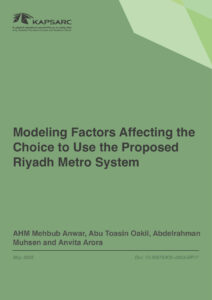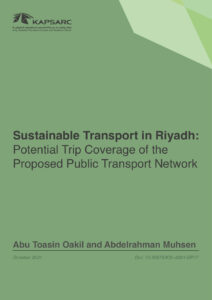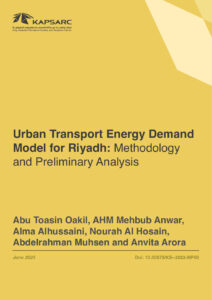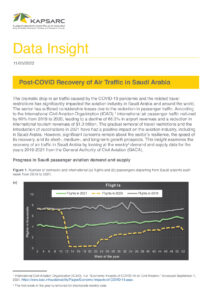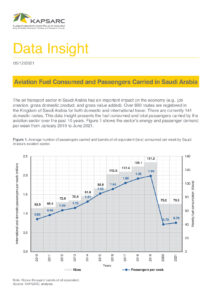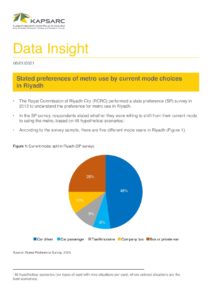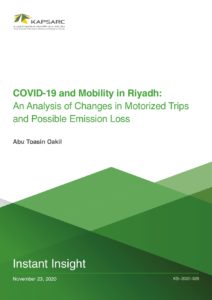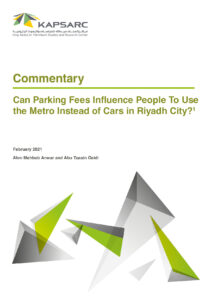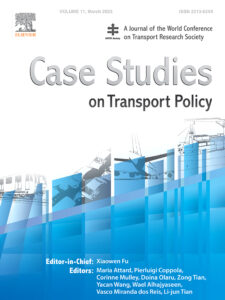Toasin is a senior research associate in KAPSARC’s Transport and Urban Infrastructures program. He is currently focused on the urban transformation of Riyadh, and Saudi Arabia more generally. He is working toward developing different decision tools to understand the impact of transit oriented development (TOD) on the energy market, and to evaluate and assess urban policies that relate to sutainable transport and energy consumption. Toasin has worked as a scientific researcher at universities and in public organisations, and as a consultant in the private sector. He holds a Ph.D. in transportation planning from Utrecht University, an M.Sc. in urban planning from the London School of Economics, and a master’s and bachelor’s of urban planning from Bangladesh University of Engineering and Technology. While at university, he received several accolades for his work, including the 2014 Ph.D. Dissertation Award in Transportation Geography from the American Association of Geographers (AAG) and the Prime Minister’s Gold Medal for his academic achievements.
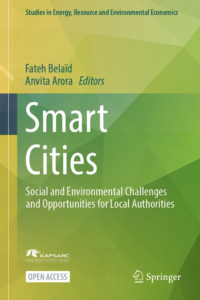
Smart Transportation Systems in Smart Cities: Practices, Challenges, and Opportunities for Saudi Cities
Smart transportation is an approach that incorporates modern technologies into transportation systems to improve the efficiency of urban mobility. Cities worldwide call digital technologies to harness their development to address potential challenges and concerns, which provoke technology-driven practices in urban context. Big data and technologies now offer tools, techniques, and information that can improve how cities function. Consequently, urban process and practices are becoming highly responsive to a form of technology-driven urbanism, that is the key mode of production for smart urban development. This furnishes the prospect of building models of smart sustainable cities performing in real time from routinely available data. This in turn allows to monitor, understand, analyze, and plan such cities to improve their urban efficiency and promotes new urban intelligence functions as an advanced form of decision support. Although technology-driven approach to transport analysis and management is emerging as smart city principle, the application is limited in the Kingdom of Saudi Arabia (KSA). This chapter investigates the potentials and the role of technology-driven solutions in improving and advancing urban transport management in the context of smart cities. It also explores the relevant practices as well as potentials in smart urban development context for Saudi cities. Our approach of technology-driven urban management will envision cities as a complex social and technological ecosystem and build on lessons learned from the research at city level and conceptualizes actors and institutions in a technology-driven urban management for Saudi cities toward achieving liveable smart city. Read Book Chapter
1st October 2023
